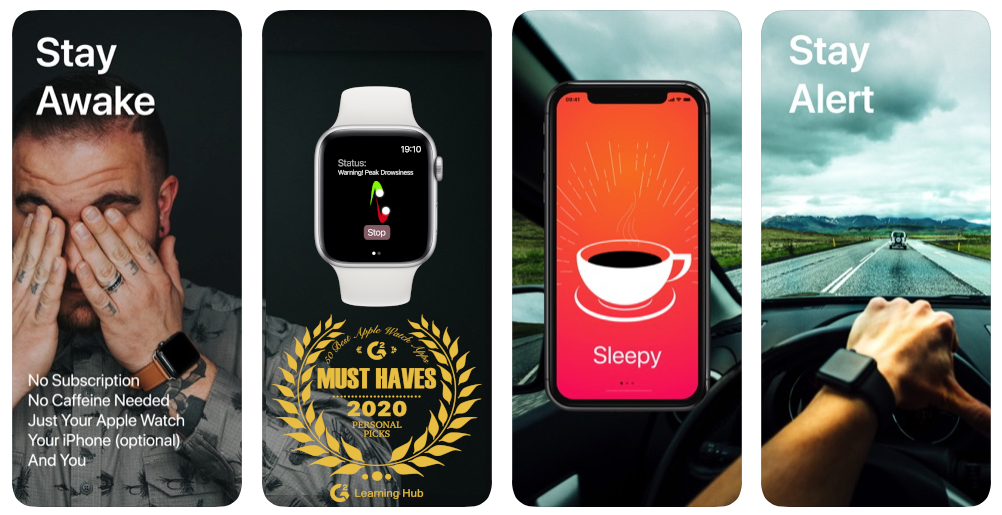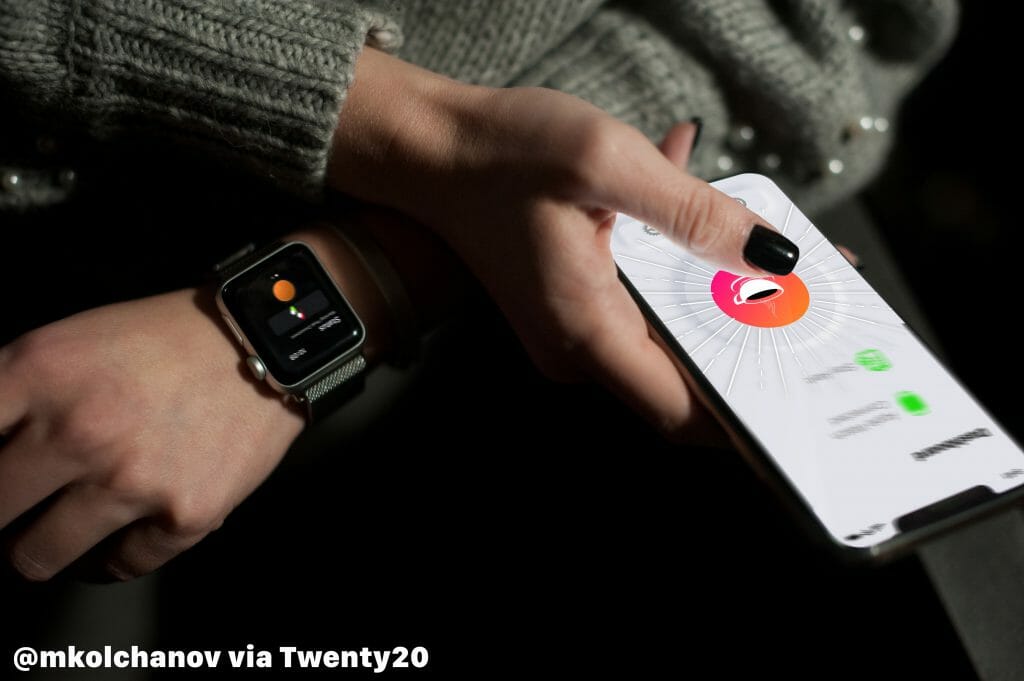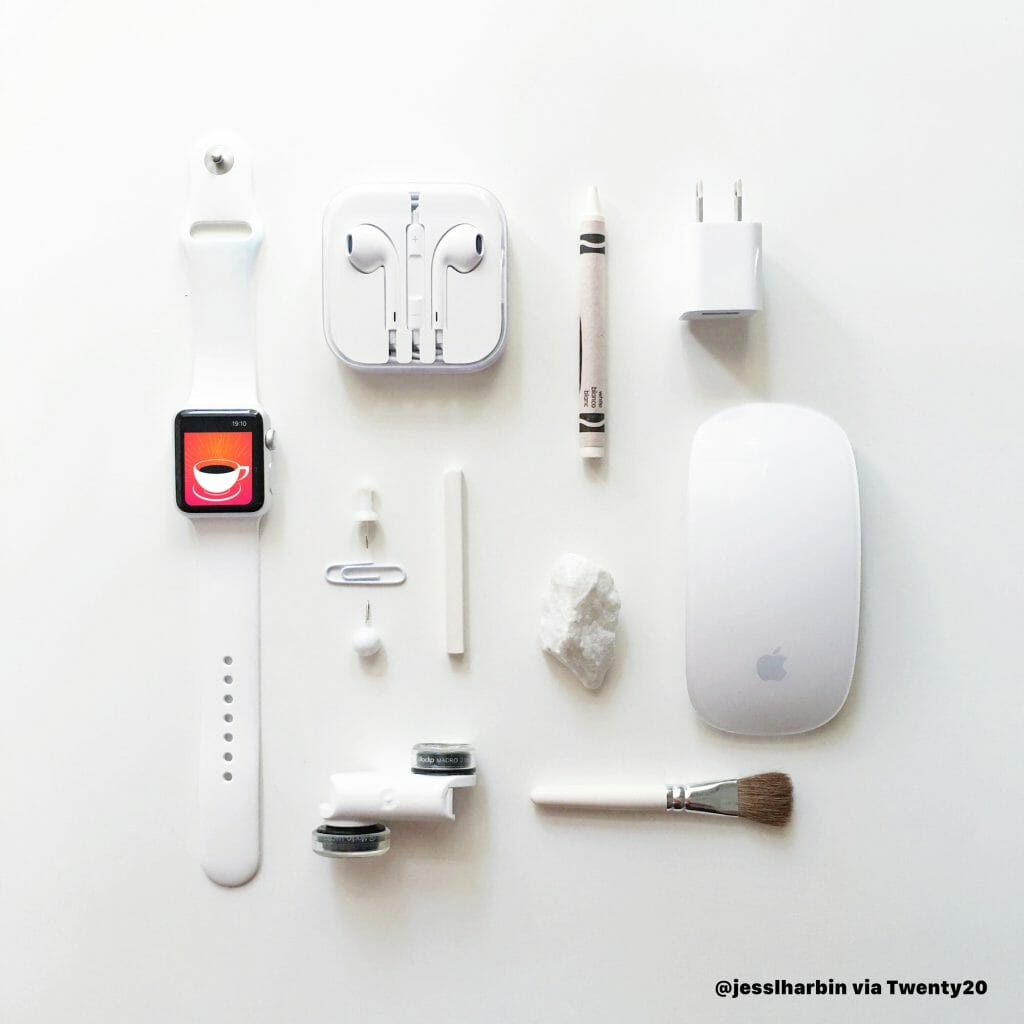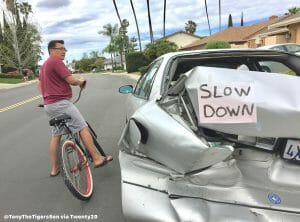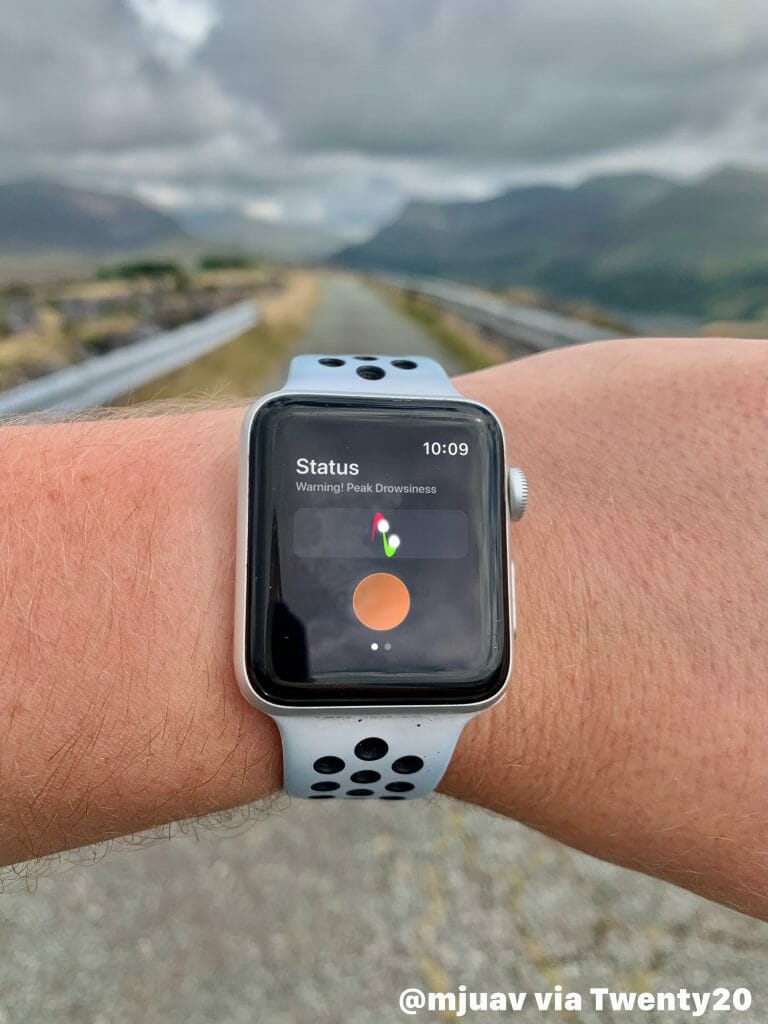Is It Okay To Caffeine Relapse?
What To Do When I Relapse?
Take it one day at a time
It is difficult for many who have become dependent on caffeine to give it up.
Many of those that try to abstain from consuming caffeine find themselves at some point going back to drinking coffee or caffeinated drinks. Some even find themselves consuming more than they did before they tried to abstain.
In this article we’ll discuss if it is such a big deal to go back to consuming caffeine and what to do if you find yourself going back.

Caffeine Relapse
You have done the difficult thing of accepting that you have a problem with caffeine dependency and decide to take the plunge and to give it up.
The first few days are tough, but you do well. Then one day you find yourself with a caffeinated drink in your hand about to take a swig saying to yourself, “I failed”!
This is far more common than you may think. The National Institute on Drug Abuse has found that between 40 and 60 percent of people recovering from drug addiction relapse.
National Institute on Drug Abuse
Triggers
This is further compounded by the fact that the withdrawal symptoms are similar to the reasons why so many people start consuming caffeine.
Withdrawal symptoms including, but not limited to the following are common:
- Tiredness
- Headaches
- Lack of focus
- Diminished concentration
- Irritability
The withdrawal affects themselves can act as relapse triggers. Other triggers such as feeling down, lack of sleep and environments that remind you of consuming caffeine make it very difficult to give up caffeine.
What You Can Do
Relapse doesn’t mean that you can never quit. In fact it’s actually part of the recovery process. Your attitude towards your relapse can greatly affect if you try again or give up.
Here are some tips to help you to get back on track:
- Restart immediately
The faster you decide to continue your abstinence, the easier it will be for you to get back in the flow. - Avoid triggers
Analyze what frame of mind you were in when you relapsed, and work to avoid or overcome it next time around. - Don’t be tired
Being tired increases the risk of you falling back into your caffeine dependency. Get more sleep and use tiredness alarms such as V-CAF that will alert you when you are most likely to be tired, so that you can take the appropriate action to wake yourself up. - Join or build a support group
By joining a support group you can get very helpful positive feedback and advice that can help you either stay on course or put you back when you fall off.
Review
Relapsing is part of the recovery process and many people have found that after a relapse, that they are stronger in facing caffeine dependency the next time around.
Remember to keep a positive mindset and follow our tips:
- Restart immediately
- Avoid triggers as much as possible
- Get enough sleep and know when you are tired, by using tools such as V-CAF
- Become a member of a support group
Last Thoughts
Again, be positive and don’t give up!
To benefit you must act on what you now know. Nothing beats informed practical application and now you have an advantage.
I’m sure that you’ll be successful, but here’s wishing you luck anyway.
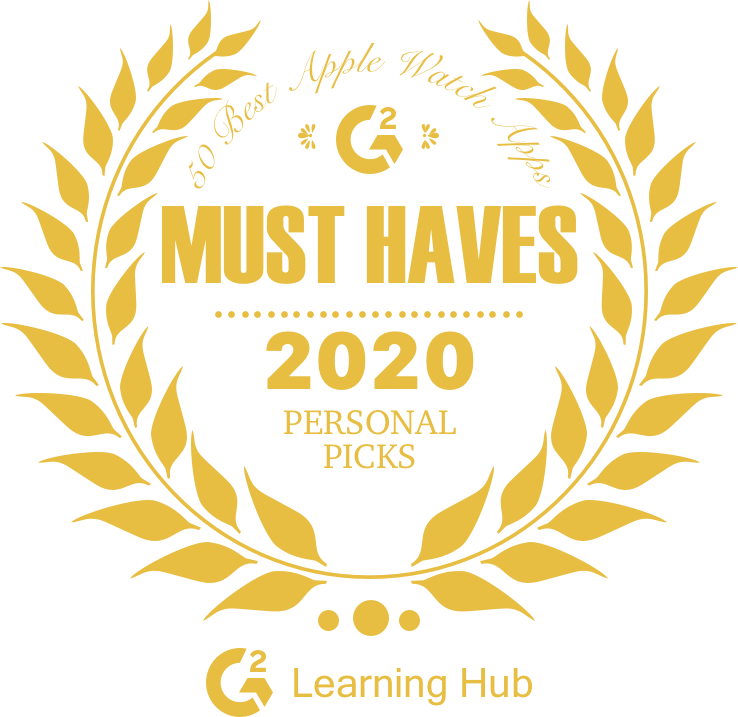
Now available on the App Store, download it now!
